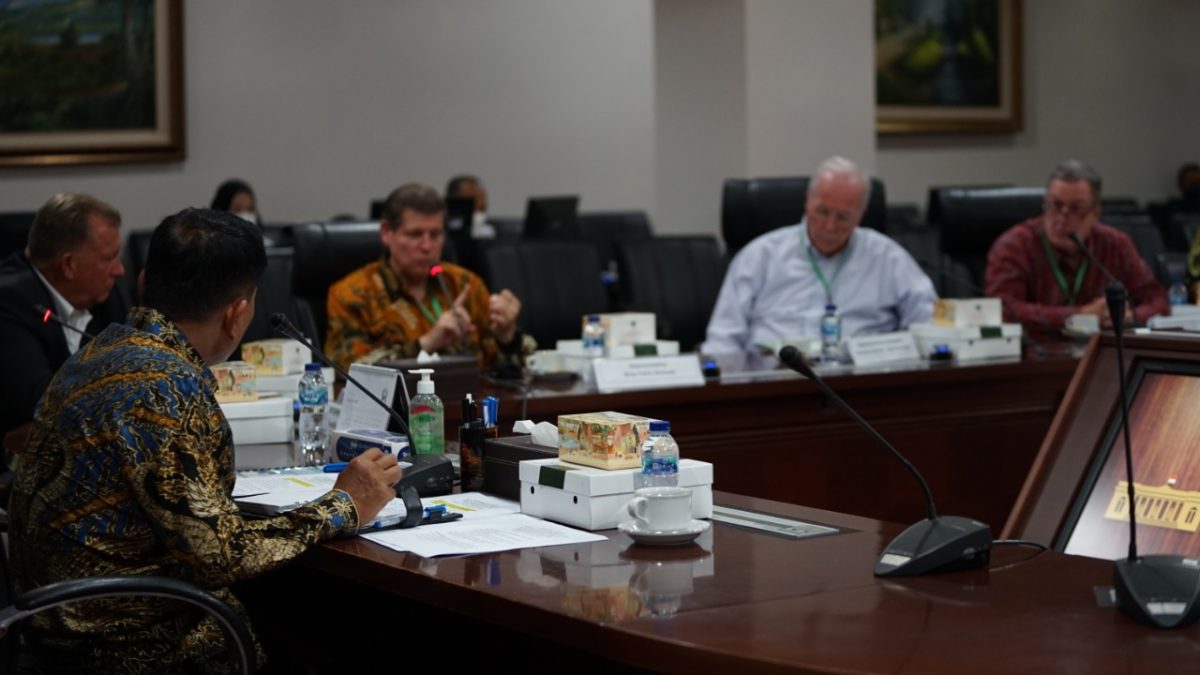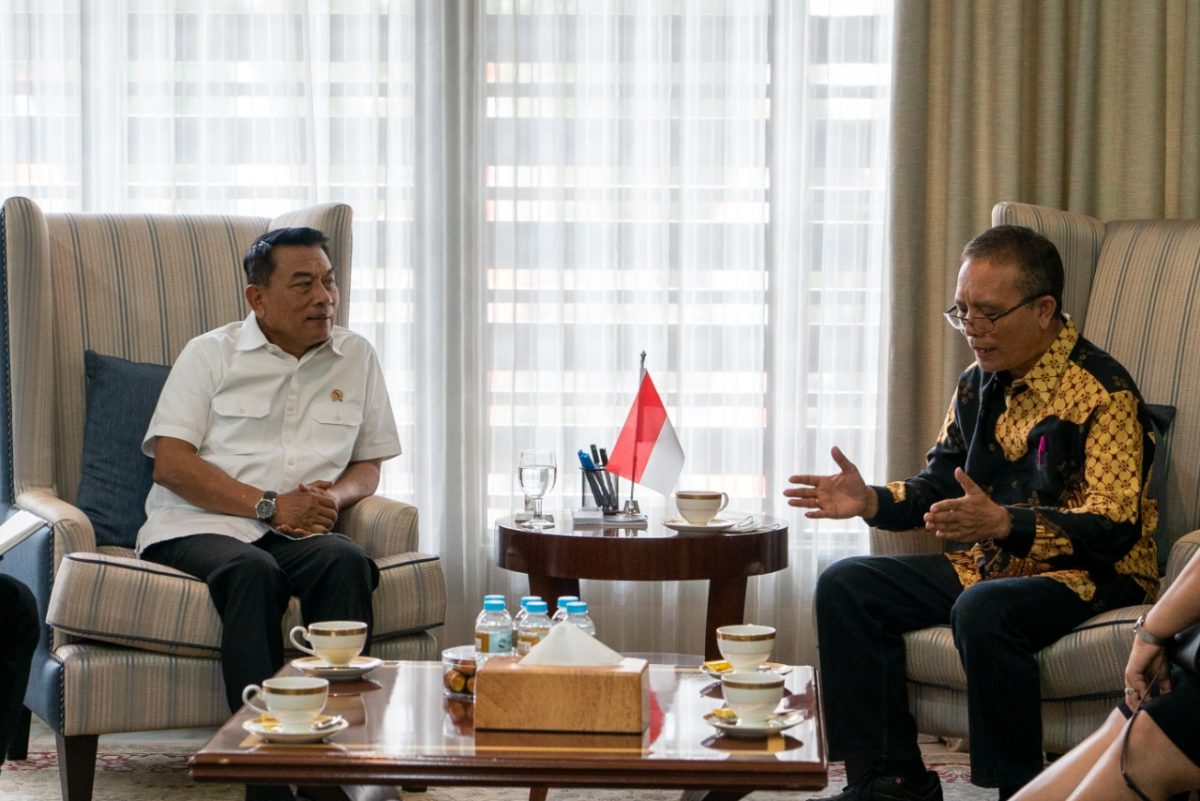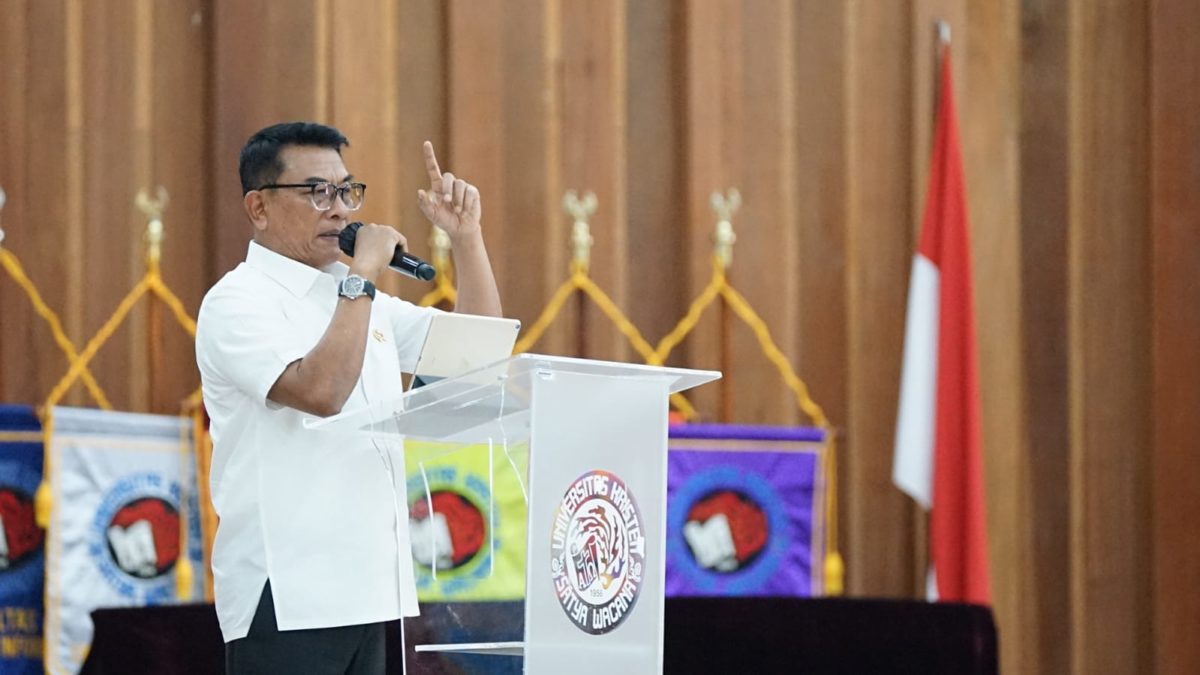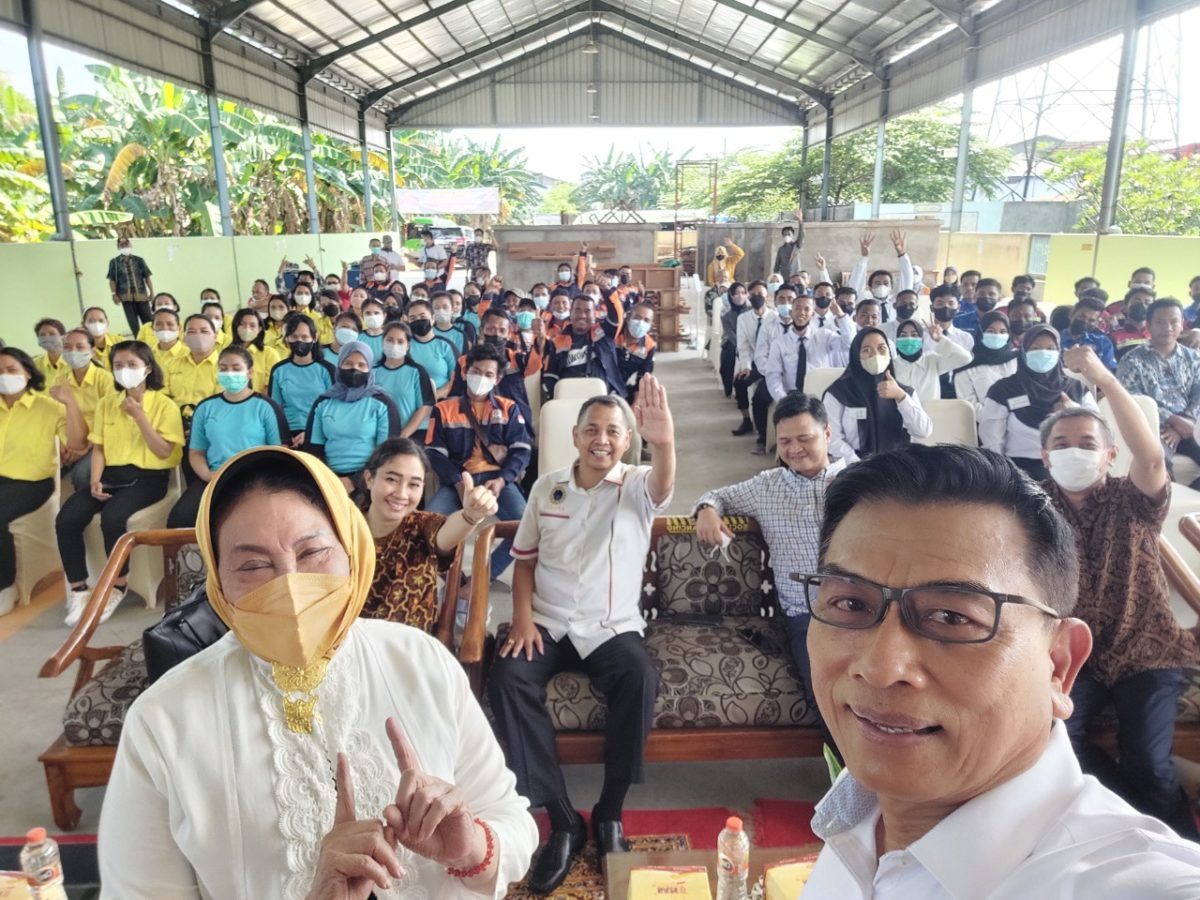Jakarta – The government raised a subsidized fuel price on Saturday in order to pump more money for social assistance programs. The government itself has diverted Rp 24,17 trillion budget for the poor to cushion the economic blow due to international fuel prices hike and energy crisis threats.
The price of subsidized Pertalite gasoline rose to Rp 10,000 per liter from the initial Rp 7,650 per liter. Meanwhile, subsidized diesel will be priced at Rp 6,800 per liter, increased from previous Rp. 5,150 per liter.
Senior Advisor of the Executive Office of the President (KSP), Abraham Wirotomo, said that the government’s skyrocketing fuel subsidies would be diverted to vulnerable economic groups, such as the poor. The policy was taken as an effort to bar an increase in poverty rates as it was expected to maintain people’s purchasing power amid rising food and energy prices.
“With the current threat of energy and global food crisis, people in various parts of the world are facing soaring commodities’ prices. Thus, protection to cushion the impact must be mainly directed to vulnerable economic groups,” said Abraham, in Jakarta, Sunday (4/9).
Moreover, according to Abraham, as much as 70% of subsidized fuel has been enjoyed by the upper middle class and those who own private vehicles.
“By diverting allocation for fuel subsidies to the social assistance program, the government will allocate more cash handouts to be given to the targeted group of people, the poors,” he said.
To ensure that social assistance is right on target, said Abraham, the government has made several improvements including on the now monthly-updated Integrated Social Welfare Data (DTKS). In addition, the public can openly check through website Cekbansos.Kemensos.go.id. to allow public participation in monitoring the budget disbursement.
“The public are now able to suggest potential cash aid recipients as well as to file objections against mistargeted recipients who are deemed unfit for receiving government’s assistance,” he explained, adding that updated Citizen Identification Number (NIK) will be made as a prior requirement for someone to receive cash handouts.
According to Abraham, there are approximately 126 million DTKS data that are compatible with the citizen identification numbers (NIK). Among that number, there are 16 million new verified data while as many as 3.5 million data have been diminished as it failed the verification process.




